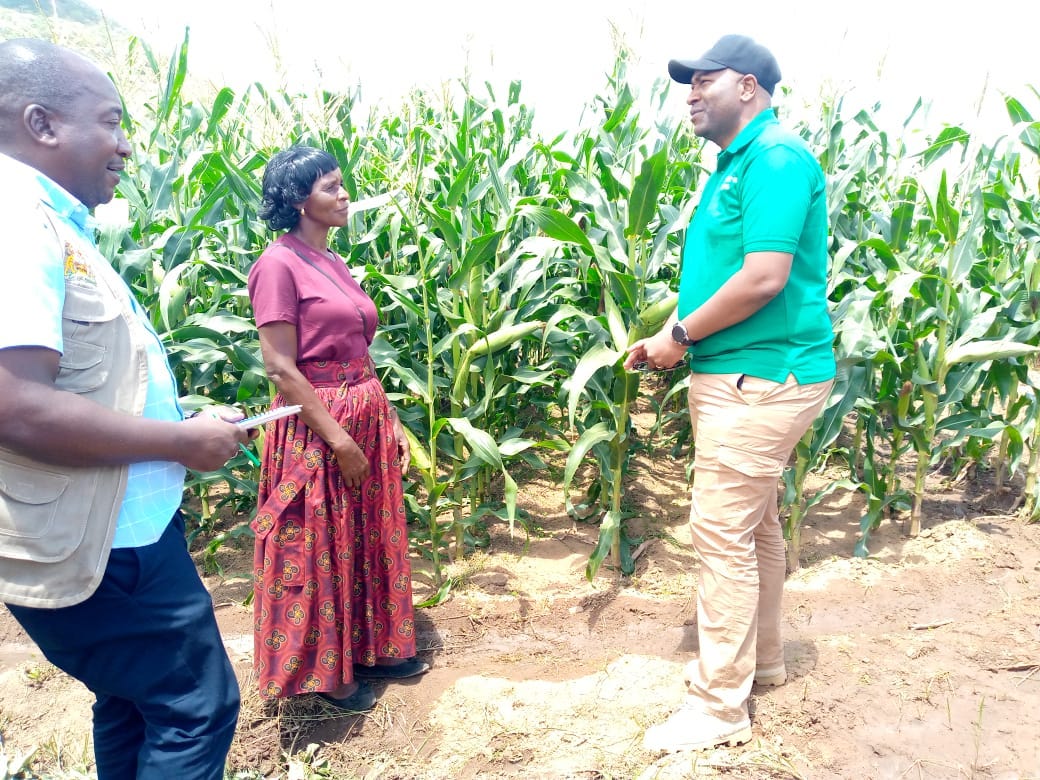Government Promotes Use of Perennial Rivers for Irrigation to Combat Hunger and Poverty
Minister of Agriculture Highlights Importance of Irrigation Schemes for Food Security
CHITIPA, Malawi-The Minister of Agriculture, Sam Kawale, has emphasized the significance of utilizing perennial rivers for irrigation in order to achieve food security and alleviate poverty in Malawi, writes Patricia Kayuni.
During a visit to the Mafinga Irrigation Scheme in Chisenga, Chitipa district, which was constructed under the Programme for Rural Irrigation Development (PRIDE) with financial support from the International Fund for Agricultural Development (IFAD), Kawale urged farmers to take advantage of the country's rivers for irrigation purposes.
Kawale highlighted the government's substantial investment in irrigation schemes, aiming to ensure that people have access to sufficient food throughout the year.
By harnessing the power of perennial rivers, the Minister stated that Malawi could significantly increase food production and become self-sustainable.
Accompanied by the Senior Chief MweneWenya of the area, Kawale toured the maize fields at the Mafinga irrigation scheme.
The Senior Chief expressed gratitude to the government for constructing the scheme, stating that it would address various challenges faced by the local community, including hunger and poverty.
He further mentioned that measures such as planting exotic and indigenous trees around the scheme and its intake would help sustain the availability of water.
Kanyika, the President of the Chisenga Water Users Association, acknowledged the positive impact of the irrigation scheme on local farmers. Previously, they faced water scarcity issues that limited their agricultural activities.
However, with the implementation of the scheme, access to water has significantly improved. Kanyika assured that the scheme would continue to operate even after the conclusion of the program.
The Mafinga irrigation scheme, covering 131 hectares, benefits 437 farmers, comprising 247 females and 190 males.
These farmers primarily cultivate Irish potatoes and beans for commercial purposes, while maize is grown for consumption.
The scheme plays a vital role in enhancing agricultural productivity and income generation for the local community, contributing to the overall goal of combating hunger and poverty in Malawi.



